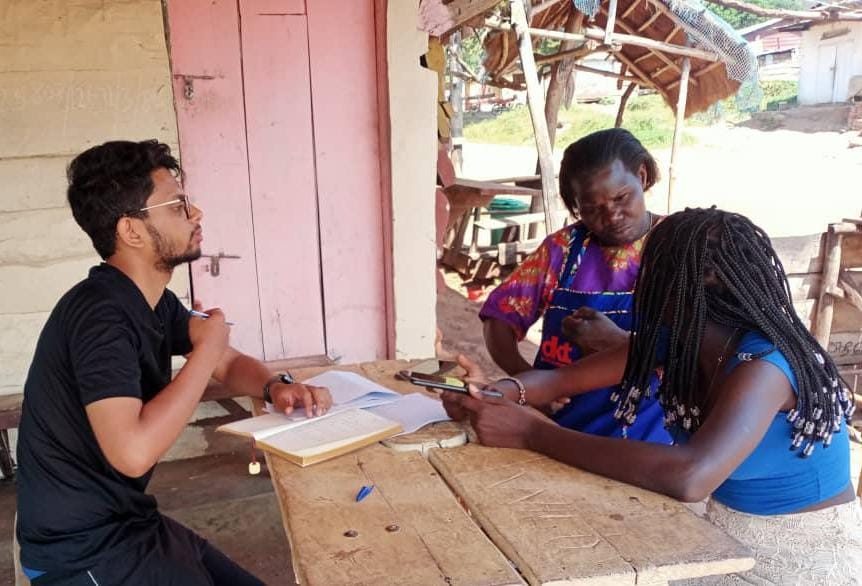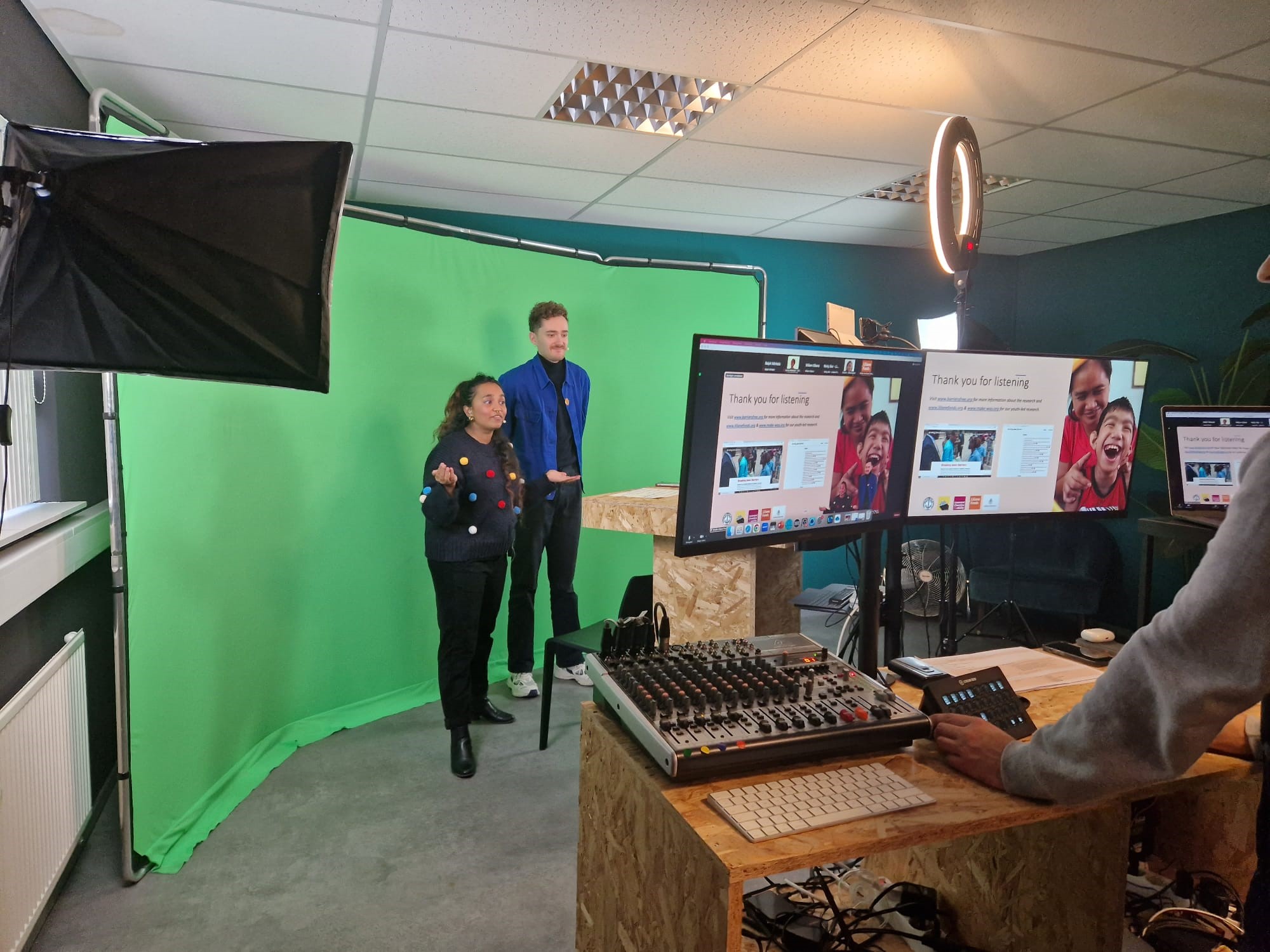Global webinar on Sexual Reproductive Health Rights (SRHR); Academic research on the role of intersectionality
New insights on disability-inclusive SRHR
Together with over a 130 international participants from civil society, policy makers and academia we discussed the results of academic research that was conducted in Cameroon, Sierra Leone, Uganda and Zambia on the topic of disability-inclusive SRHR. All research stressed that there are five key intersections that shape access to family-planning services that is the type of disability, financial dependency, gender, age & religious affiliation.

Recommendations
Consequently, several recommendations emerged from the research. Laws and policies should be developed and implemented on SRH which take into consideration the different identities of women and girls with disabilities. Secondly, the curricula used in training health service providers should take into consideration knowledge and skills on provision of SRH care to women and girls with intersecting identities related to disabilities, and there should be a comprehensive inclusion of SRH aspects in the curricula of schools at all levels of education. Youth with disabilities themselves should be accessibility informed and empowered to make informed decisions about their SRH and claim their rights.

These recommendations, coupled with other insightful recommendations presented and extensively discussed at the webinar provided a way forward for disability-inclusive SRHR practitioners in academia, practice and policy.
You can watch a replay of the webinar here.
Subtitles
- For computer, click on the subtitles button for English subtitles (next to Settings).
- For mobile devices, subtitles are available by watching the video on our Youtube channel.
